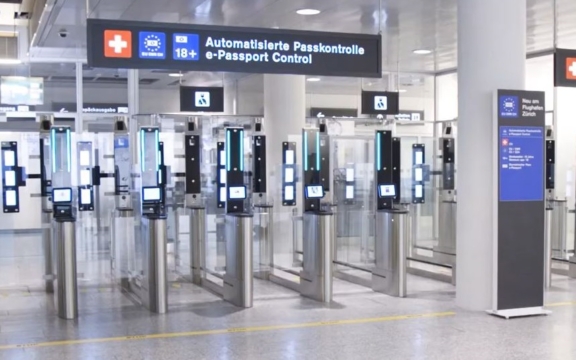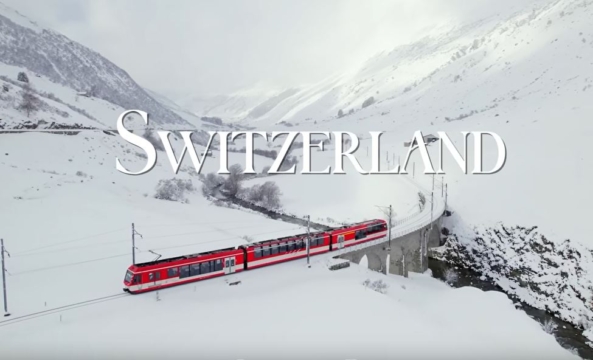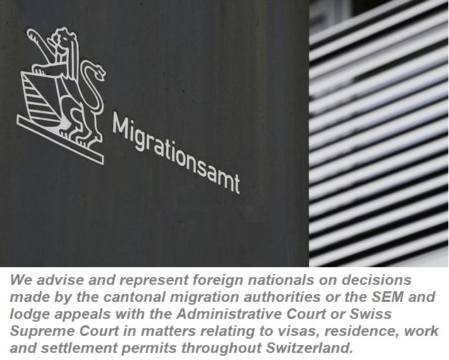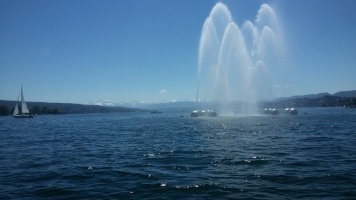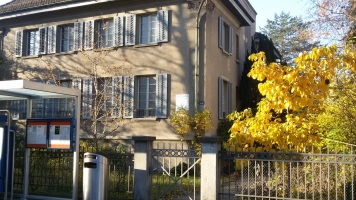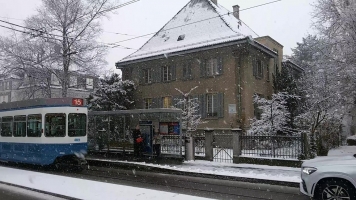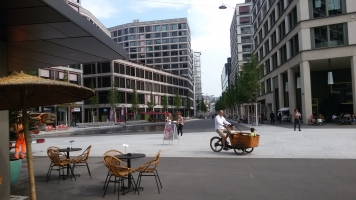See more GOOGLE reviews ▷
https://www.google.com/search?q=anwalt+brandon+kaufmann
Translated by Google - Original in German

D. B:
In 2021, Sara helped us resolve a case with the Zurich migration authorities and the SEM in less than 2 weeks. Before her intervention, the authorities kept us waiting for more than 8 months! With her help, we successfully won the case. She is very professional, precise, friendly and goal-oriented. I recommend her 100%.
UPDATE: In 2024 Sara helped us again, this time with an appeal against Schengen visa refusal. Despite the low chances, her professionalism and wide range of knowledge made it possible and the visa got approved after 3,5 months ‘fighting’.

Z. A:
Ms Brandon is by far one of the most empathetic and professional attorneys I've had the pleasure of engaging with. She very quickly resolved an issue with a rather unpleasant and racist Swiss consulate employee who decided a negative decision on a visa application without any real grounds for denial. This was overturned prior to us proceeding with an appeal thanks to the assistance of Ms Brandon. I can not recommend her more highly for her outstanding work and prompt responses. Thank you once again from all of us.

C. X:
Sara supported me through a difficult case which resulted in success. Not only was she professional and proficient, she was proactive in finding solutions to complex problems, with care and empathy. 100% would recommend.

S. M:
I recently assigned Ms. Brandon to an administrative case. From my experience, she is very competent and has a lot of experience with administrative cases. At the beginning I felt very confident that she could help me. Their letters and statements to the authorities were very precise and direct. She was able to resolve my case quicker than I expected.

P. T:
I had the pleasure of engaging Ms. Brandon's services to represent me in an audit law matter, and my experience was extremely positive.
Ms. Brandon was extremely knowledgeable and professional from the outset, and I felt in good hands with her throughout the entire process.
Her audit law legal support led to a successful outcome in my case, and I am extremely grateful for her outstanding work.
I highly recommend Ms. Brandon to anyone.

M. C:
I would like to join my wife in thanking Ms. Brandon. Although my wife was able to take advantage of the "facilitated naturalization" option, it was anything but easy. Not only the manner but especially the speed with which the SEM reacts to requests is appalling! Thanks to Ms. Brandon's expertise and persistence, we finally made it, and my wife is becoming a Swiss citizen.
We couldn't have done it without Ms. Brandon's help, and I highly recommend her to anyone needing assistance with their naturalization process.

F. A:
A colleague was denied easier naturalization despite being married to a Swiss citizen with flimsy official statements.
It was only through Ms. Sara Brandon that the actual truth (racism in a local authority) came to light and the SEM revoked the decision after a long time, 5 years.
Only through the courageous intervention of the law firm was it possible to get the passport. Once again it shows what a good lawyer is worth to clients.☀️💐

P. S:
I would highly recommend Ms. Brandon to anyone. I had a very complex case where the compensation office didn't want to pay properly. Thanks to her great knowledge and experience, Ms. Brandon ensured that I received full justice and that I will be paid the correct amount from now on. I always found the communication very nice and Ms. Brandon always kept me up to date and worked very professionally and quickly. I can 100% recommend Ms. Brandon as a lawyer and wish her all the best and much success.

H. D:
Luckily there is Ms. Brandon! Passionate lawyer with heart and soul! 💪👏
Thanks to her human nature and her very professional goal orientation, she successfully completed our complicated naturalization case and other official matters.
You feel welcomed and protected by their motivation and competence.
For the first time, my problem was understood and then treated quickly and strategically.
I am thrilled with the services and communication with Ms. Brandon!
She is honest and very trustworthy and has always given me great advice!
I can definitely recommend her! 🙏🙏🙏
Thank you very much Ms. Brandon Familia Helmi ☀️💐

R. B:
Ms. Sara Brandon is a very warm-hearted and empathetic person. She supported us with great competence and expertise in the "simplified" naturalization process.
Her intervention enabled the process to continue, which ultimately led to a positive decision. I can recommend Ms. Brandon without reservation.
See more GOOGLE reviews ▷
https://www.google.com/search?q=anwalt+brandon+kaufmann








